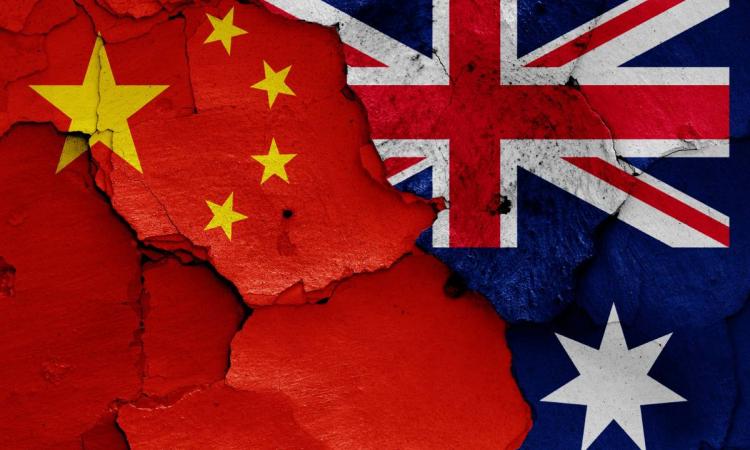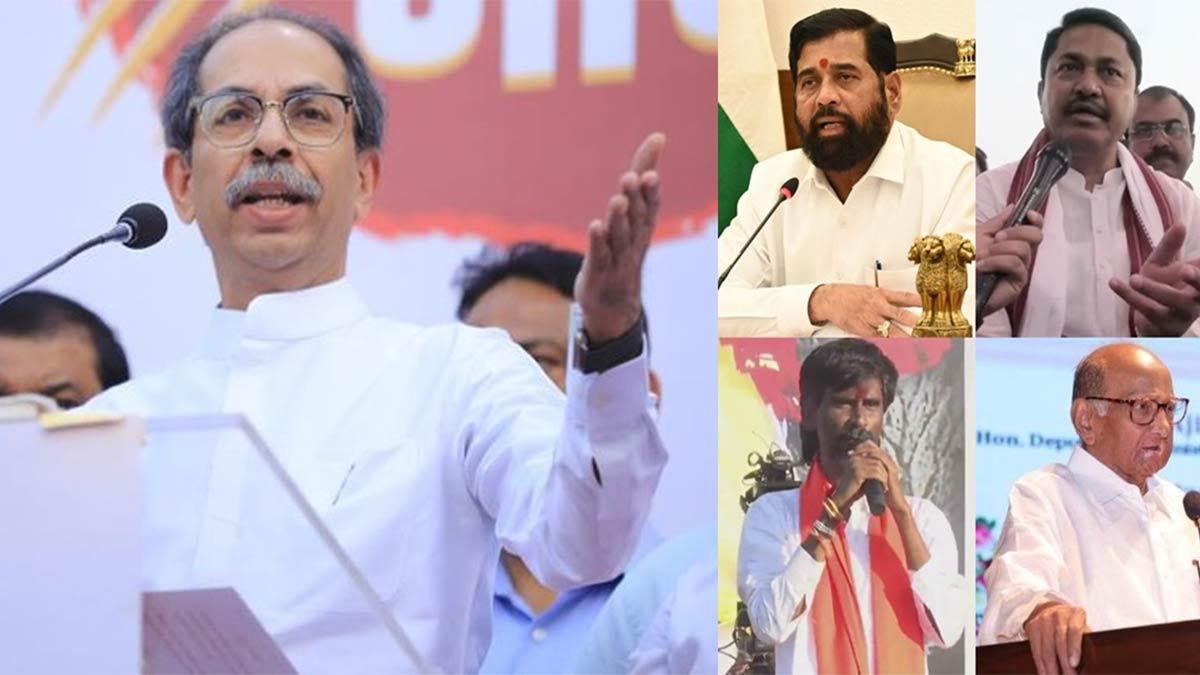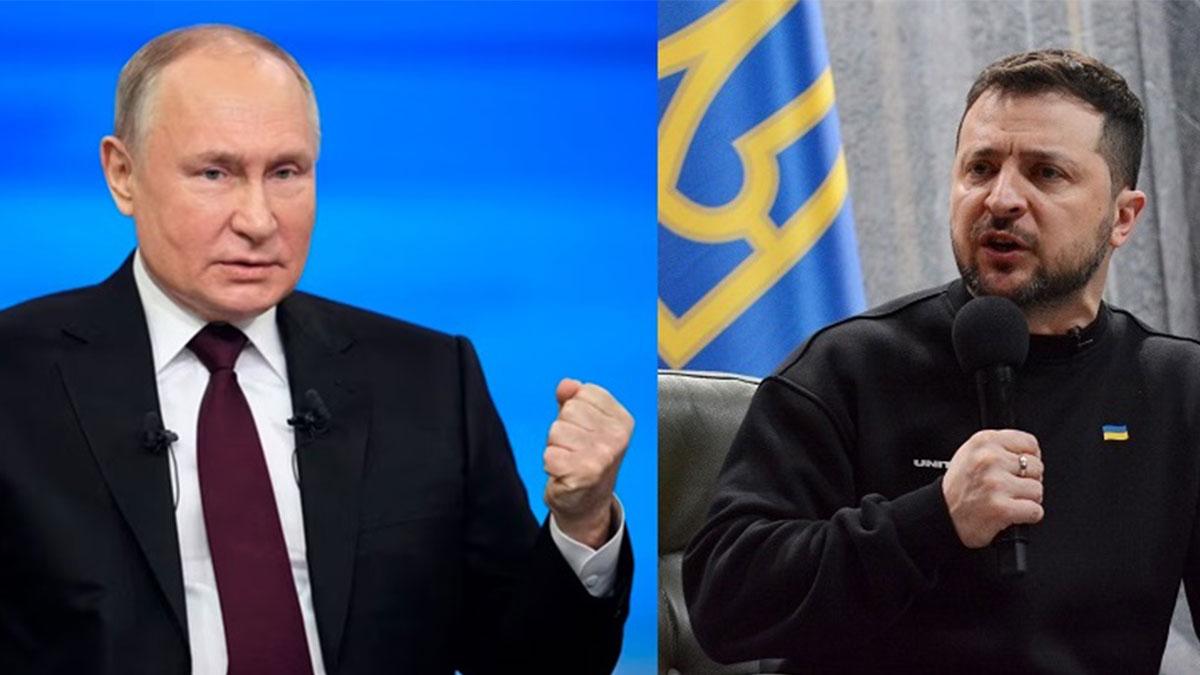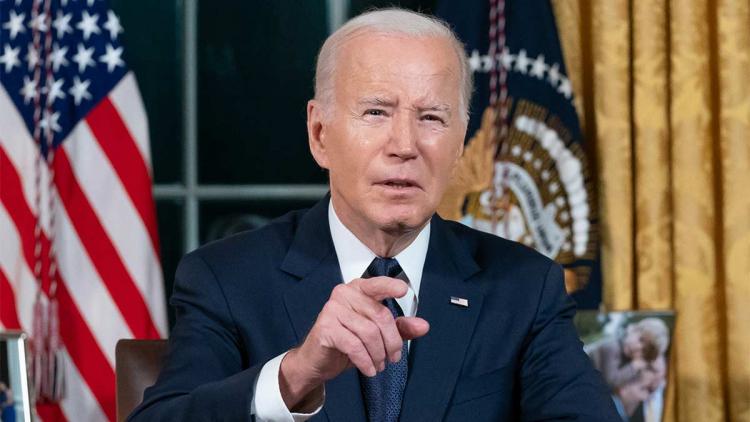2020 has been the year of a nosedive for diplomatic relationships between Australia and China and now with the latest tweet controversy adding fuel to this fire, the ever fragile Sino-Australian ties seem to be heading to a point of no return.
As the Coronavirus swiftly spread across the world in the first quarter of 2020, like many other nations, Australia called for an independent investigation of the virus outbreak in China. In retaliation, China banned almost 35% of Australia's beef exports to the country and also instituted 80% tariff on barley imports from Australia in May 2020. Attacks by the two countries on each other only escalated from here onwards, with the Chinese government issuing a warning to Australia over siding with the US in a trade war. Further, Australia indirectly blamed China for a string of cyber-attacks on its businesses and government agencies in June 2020.
In a recent controversial tweet by a Chinese foreign ministry spokesman Lijian Zhao, the image of an Australian soldier holding a bloody knife to a child is portrayed. The tweet was followed by the last week's report which alleged that Australian special forces had committed killings in Afghanistan but with no credibility to this report, Australian Prime Minister, Scott Morrison himself demanded the Chinese government to delete the "repugnant" tweet.
“The Chinese government should be totally ashamed of this post. It diminishes them in the world’s eyes,” said the Prime Minister, also adding Australia is seeking an apology from the Chinese ministry of foreign affairs. So far, they have not complied. Instead, it appears the ministry has doubled down, as a Chinese spokesperson rebuffed saying “the Australian Government should do some soul searching and bring the culprits to justice, and offer an official apology to the Afghan people and make the solemn pledge that they will never repeat such crimes”.
And quite naturally, Australia is infuriated paving way for ensuing tensions further leading to the start a trade war. China is now hellbent to use trade to pressurise Australia imposing numerous tariffs and restrictions on exports of Australian wine, agricultural commodities and coal to the country. This might spell trouble for Australia as China is its largest trading partner accounting for more than a third of export dollars earned by the country. However, Australia doesn't look like in the mood to bear with unfair exploitation by China, even when an all-out trade war could cost it 6% of its GDP. Australia needs to be prepared to hedge itself against such an occurrence by maintaining stronger relations with alternative trade partners including India.
Australia-China relations, also referred to as the Sino-Australian relations, date way back to 1909 when the first Chinese consulate was established in Australia. Over the years, China and Australia have been actively engaged with each other economically, culturally and politically spanning numerous organisations such as APEC, East Asia Summit and the G20.
Many major Australian mining companies rely heavily on China while in the past, exports to China also helped Australia escape the worst effects of the global financial crisis.
The China-Australia Free Trade Agreement was signed on June 17, 2015, but merely three years later, relations between the two countries began to deteriorate owing to several concerns. Overindulgence of China in various sectors of the Australian society including the government's personal affairs and media led to Australia announcing tougher rules on foreign buyers of agricultural land and electricity infrastructure. China's differing views on expansion in the South China Sea also didn't do anything good for the relations between the two countries.
And in a rather bizarre turn, although it hasn’t been confirmed to be a result of the ongoing strain, a Chinese developer has bought an Australian Island and is now preventing Australians from setting foot on it, much to the frustration of locals and tourists.


















